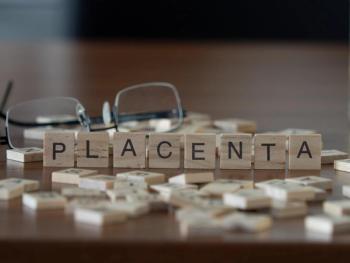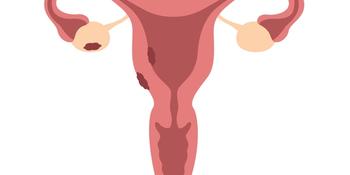
COVID-19 vaccines not linked to miscarriage

There is no association between the COVID-19 vaccine and miscarriage, a new
COVID-19 poses significant risks to pregnant women, but vaccination rates among this population remain low. Using data from the Vaccine Safety Datalink (VSD)—a collaborative network between the Centers for Disease Control and Prevention (CDC) and 13 participating health care organizations—Yale researchers analyzed approximately 300 miscarriages and 600 live births that occurred between January and October 2021.
The team hopes their findings will help improve COVID-19 vaccination rates among women who are pregnant or are planning to become pregnant, a group that may be hesitant due to mistrust that the vaccine is safe for them and the fetus.
“We hope that data such as ours are providing increasing reassurance that the vaccine is safe, and that we will see those rates go up,” says
COVID-19 poses risks to pregnant women
Pregnant women were initially excluded from the initial COVID-19 vaccine clinical trials,
“The CDC recommendation was to not withhold the vaccine from pregnant women because it could provide lifesaving benefits to both mom and fetus,” says Sheth.
As a result, most of the data on the safety of the vaccine for pregnant women comes from post-licensure studies. Whenever any vaccine becomes available, researchers conduct post-marketing surveillance, in which they continue to monitor its safety in the general population following clinical trials. This ongoing monitoring is important for identifying any rare side effects and better understanding a vaccine’s safety and efficacy in a broader population.
These studies have confirmed that
COVID-19 vaccines are not linked to miscarriage
In the current study, Sheth’s team investigated whether the COVID-19 vaccine was associated with a greater risk of miscarriage by analyzing electronic health record data from VSD. They compared COVID-19 vaccination history between cases of miscarriage and live births to see if one group was more likely to be vaccinated from the start of the pregnancy. Pregnant women who had received the vaccine were more likely to be older (average age of 34), less likely to identify as Hispanic, and lived in communities with lower rates of poverty.
There was no association between being vaccinated and having a miscarriage, the researchers found. Furthermore, the number of vaccine doses, type of vaccine (Moderna, Pfizer, etc.), and the timing of the vaccination were not linked to miscarriage.
“This is a rigorously conducted study that continues to show that the COVID-19 vaccines are safe during pregnancy,” says Sheth. “For women who are early in pregnancy or those who are thinking about getting pregnant, given the risks of COVID-19 disease, they should feel encouraged to go ahead and get vaccinated if they are not already.”
Newsletter
Get the latest clinical updates, case studies, and expert commentary in obstetric and gynecologic care. Sign up now to stay informed.








